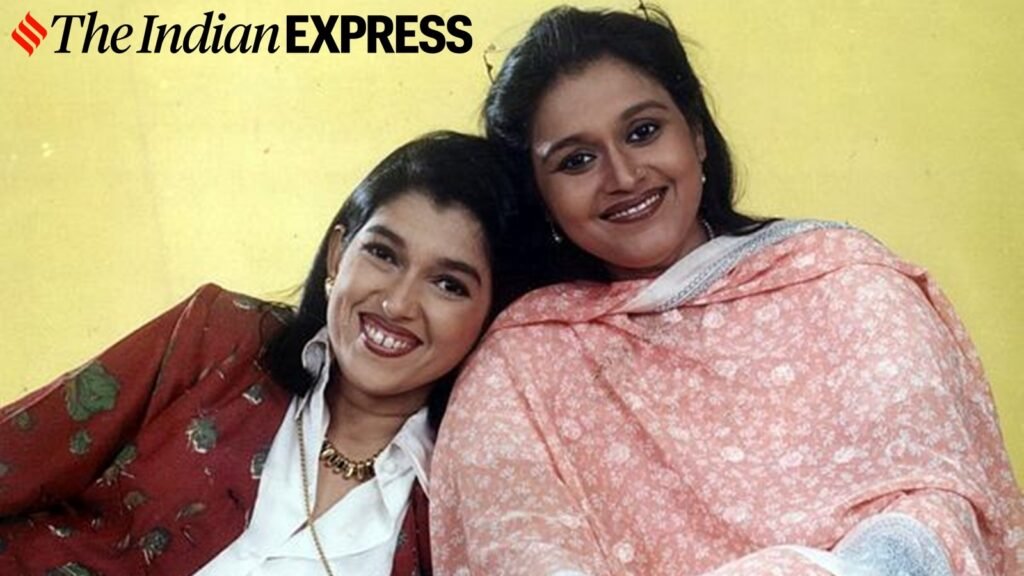Ratna Pathak Shah recently opened up about her early experiences with gender bias within her own family — offering a powerful reminder that patriarchy often takes root not in policy or public life first, but within the walls of our own homes.
Speaking at a FICCI Flo event in Hyderabad, the actor reflected on how these biases shaped her childhood and parenting, despite being raised in an otherwise progressive environment. “Having two sons of my own was a very entertaining and unusual experience, one that I wasn’t quite prepared for,” she said. “I remember feeling very resentful about the special privileges that boys were supposed to get. I remember my paternal grandmother crying loudly when my sister (Supriya) was born. ‘Haye haye doosri beti aagayi (Oh no, another girl).’ And I remember feeling terrible about that.”
She recalled how her father responded with defiance, distributing sweets traditionally meant for the birth of a boy, even though a girl had been born. “It was like an affirmation of acceptance,” she said, adding, “Why should a girl’s existence be so unwelcome? I realised that it starts in the families.”
How do such negative early messages from family members shape a child’s self-worth and views on gender?
Neha Cadabam, Senior Psychologist and Executive Director at Cadabams Hospitals, tells indianexpress.com, “Early childhood is a formative stage when children absorb emotional cues from the environment, especially trusted adults. When a child witnesses or hears expressions of disappointment tied to gender, it can leave a lasting imprint on their sense of self-worth and identity. Even if those messages aren’t directed at them personally, they shape how the child understands their value in the world.”
Such moments can also influence how children perceive gender roles and expectations, she adds. Girls may internalise a sense of lesser value, while boys may unconsciously absorb a sense of privilege. These early messages don’t always come through in words — they are often felt in tone, behaviour, or reactions, and they become part of the emotional language the child grows up with.
How impactful are symbolic gestures, like what Ratna’s father did, in shifting long-standing family beliefs?
Symbolic gestures, especially when challenging prevailing norms, can be incredibly powerful within family systems. In many families, these moments stand out because they contrast with what is expected, and over time, they begin to reshape the narrative.
“Such gestures may seem small on the surface, but they spark conversations, shift perspectives, and encourage others in the family to reflect. They also show children that there are choices available—traditions can be questioned, and values can evolve. When done consistently, these acts create a more inclusive and respectful emotional environment,” notes Cadabam.
Ratna mentioned that even in educated, upper-class families, boys are treated differently — why do you think patriarchy persists in these environments?
Cadabam informs that patriarchy is “deeply embedded in cultural memory,” often passed down quietly through generational practices rather than active intent. “Even in educated households, certain gendered expectations — like who carries forward the family name or who deserves more freedom — can continue under the surface of modernity.”
Story continues below this ad
Unlearning this conditioning requires more than awareness — it needs conscious, ongoing reflection. Introducing equitable practices, encouraging boys and girls to express a full range of emotions, and revisiting traditional roles together can slowly begin to shift old conditioning, the expert stresses.

